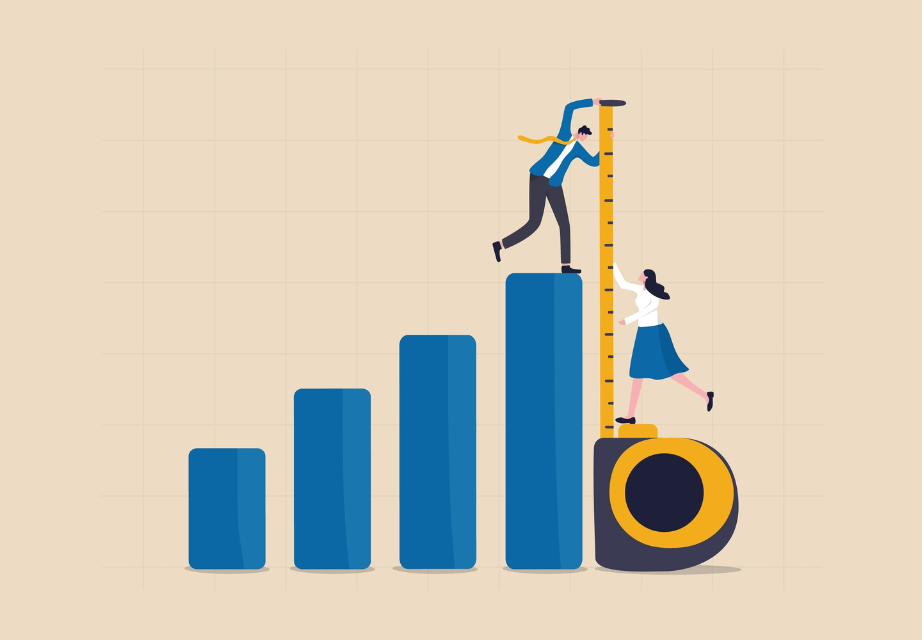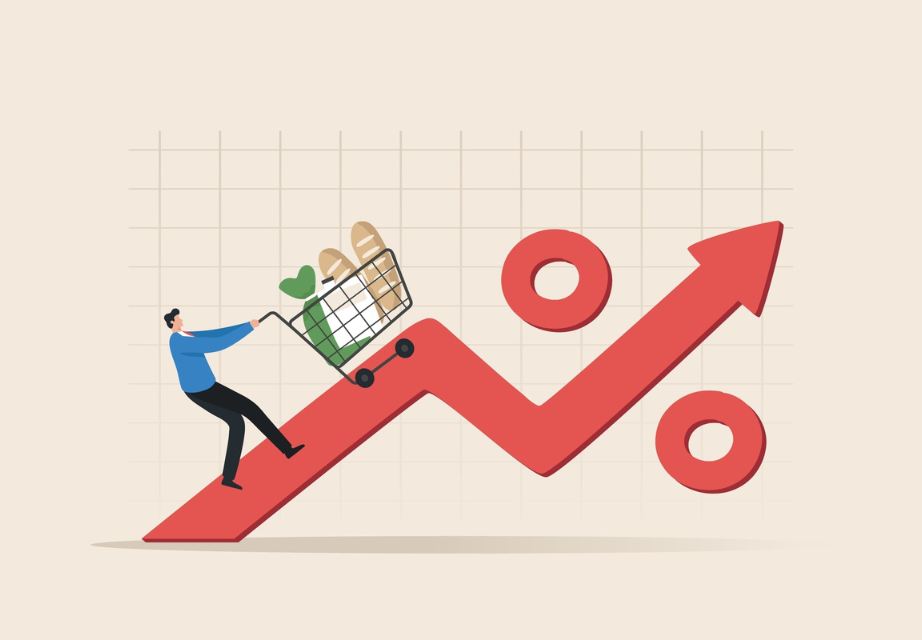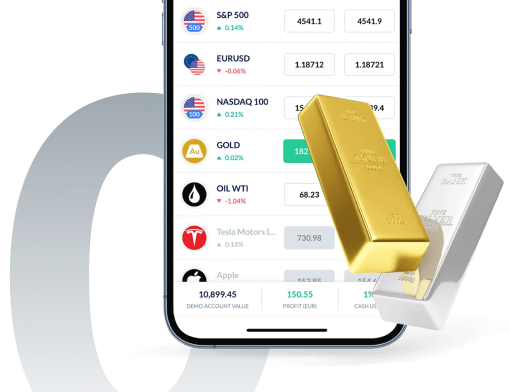Causes of inflation

What is inflation?
Inflation is a sustained increase in the general price level of goods and services in an economy over a period of time. The concept is that the price of things in general increases as time goes by, with the result that the same money is no longer enough to buy a certain product or service.
When the general price level rises, each unit of currency loses value and as such, inflation reflects a loss of real value in a unit of exchange within an economy, and consequently a reduction in the purchasing power of money. In other words, your money can buy less i.e. your purchasing power decreases.
How is it measured?
A chief measure of price inflation is the inflation rate, the annualised percentage change in a general price index over time. Inflation is therefore expressed in a percentage that indicates how much prices have increased in a nation, which is called the Consumer Price Index (CPI).
Once we understand the definition of inflation and its causes, we will be ready to understand its consequences and why it is so important to control it.

What creates inflation?
Various factors can contribute to inflation. It is challenging to pinpoint precisely which factor has contributed to a period of inflation because prices are constantly influenced by a variety of factors. However, there are a number of circumstances that are typically present when prices rise.
As a trader you have probably heard of the phrase ‘supply and demand’ when it comes to economics. In a sense, this is the best way to describe inflation. There are several causes of inflation, which can be broadly grouped into demand-pull and cost-push inflation.

Demand
When consumers want to purchase more items than businesses can make and provide, and the demand for goods begins to exceed the supply, this will cause prices to start to increase.
The agricultural industry illustrates this well: if, for instance, the tomato harvest falls by 50% over a given period of time, the demand will outpace the supply, driving up the price of the crop because consumers will be forced to pay more to maintain their supply. The economy experiences inflation if we apply this example to the market for goods and services as a whole. In other words, more demand against less supply: if this happens with a large number of products, then it will be a factor that contributes towards an increase in inflation.
Demand-pull inflation occurs when the overall level of demand for goods and services in an economy outpaces the available supply. This can happen when an economy experiences strong economic growth, leading to increased consumer spending and investment. As demand for goods and services increases, prices rise as businesses try to keep pace with the increased demand.
Increases in business costs
Because businesses must always remain profitable, any increase in the cost of a factor that affects their manufacturing expenses will immediately result in an increase in the price of the finished goods or service. There are several situations which could impact a crucial component of any company's production, and cause a sharp increase in prices.
For instance, increase in the value of raw materials; if a general law is passed that substantially raises the price of oil, the businesses that utilise it in their manufacturing processes will be compelled to sharply increase the price of their products to cover the costs.
Cost-push inflation therefore occurs when the costs of production rise, leading to higher prices for goods and services. This can happen when the costs of raw materials and labour increase, or when taxes and regulations make it more expensive for businesses to operate.

Expansionary fiscal policy
Another cause of inflation can be related to the monetary policy of central banks; the monetary base increases when the State decides to apply an expansive fiscal policy, that is, to increase the amount of money in circulation in the economy.
Too much money in circulation: When there is a lot of money in the hands of citizens, it is possible that more will be spent, generating a greater demand for goods and services. If the country does not have the productive capacity to meet that demand, prices rise and the scarcity of some products also increases, resulting in inflation. In an economy when there is more money available than before, there will be an increase in demand and prices paid by consumers will be pushed up, resulting in demand inflation.
Expansive fiscal policies can be applied by central banks through decreases in interest rates on loans and deposits, reducing the legal cash ratio or carrying out open market operations.
Natural Causes
Another cause of inflation is related to supply-side factors, such as natural disasters, war or strikes that can disrupt the production and distribution of goods and services, leading to shortages and higher prices.
Imagine a scenario in which a certain number of consumers frequently visit a market, but there is a food shortage due to a climatic occurrence, and there aren't enough products for everyone, pushing merchants to raise prices to benefit the most from food shortages.
Similar scenarios arise when there is a product shortage brought on by public order issues or natural disasters that impair national mobility and the ability to stock retail locations, forcing an increase in prices without any modifications to the demand, the offer.
How does inflation affect trading?
Inflation can affect trading in a number of ways. For example, when inflation is high, the cost of goods and services increases, which can lead to higher prices for traders.
Finally, high inflation can lead to currency devaluation, which can make exports less competitive, and make imports more expensive, which can affect trade flows.
Inflation can affect traders in several ways:
Trade Demo: Real trading conditions with zero risk
Trade risk-free on Skilling’s award winning platforms with a 10k* demo account.
71% of retail CFD accounts lose money.

- Higher prices
- Inflation can lead to an increase in the cost of goods and services, which can create increased costs to consumers.
- Uncertainty
- High inflation can create uncertainty and instability in the economy, making it more difficult for traders to make informed decisions about when to buy and sell.
- Currency devaluation
- Inflation can lead to currency devaluation, which can make exports less competitive and make imports more expensive, which can affect trade flows.
- Lower purchasing power
- Inflation reduces the purchasing power of money, which can make it harder for traders to afford costs associated with trading.
- Interest rates
- Inflation can lead to higher interest rates, which can make it more expensive for traders to borrow money, and can also reduce demand for certain products and services.
Overall, inflation can create challenges for traders and make it more difficult to have a profitable business.
In conclusion:
Inflation is the overall rise in the cost of goods and services during a specific time period. It is a complex phenomenon that can have both positive and negative effects on an economy. It is important to stay informed about the causes of inflation and how they may impact the markets.
Traders, in order to make informed decisions about their investments, should be aware not only of the various causes of inflation, but also of the tools used by central banks to manage inflation, such as setting interest rates and adjusting the money supply, as these actions can have a significant impact on currency values and other asset prices.
Not investment advice. Past performance does not guarantee or predict future performance.










